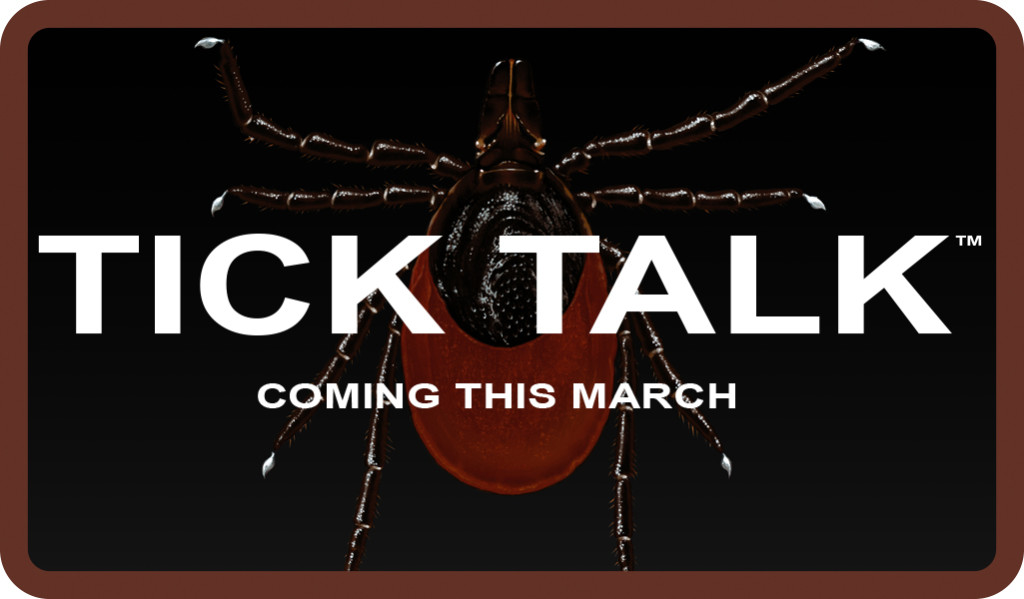National Tick Awareness Month highlights how veterinarians and pet owners can work together to help prevent tick-borne diseases
OTTAWA, Ontario – March is National Tick Awareness Month in Canada. The Canadian Veterinary Medical Association (CVMA) led the inaugural campaign last year, in partnership with Merck Animal Health. Now in its second year, the campaign wishes to continue to shed light on tick behaviour and risks, and the importance of tick seasonality in establishing parasite control programs for pets.
“The veterinary community may not be able stop tick expansion, but there’s still a great deal we can do to help change public perceptions and behaviours when it comes to tick control,” says Dr. Troy Bourque, CVMA President. “National Tick Awareness Month is a rare opportunity for us to educate and empower pet owners, so we can work together to help prevent the spread of tick-borne diseases that can affect the health of pets and people.”
Ticks, which can transmit illnesses such as Lyme disease, can now be found in many areas throughout Canada. More cases of Lyme disease are being reported annually, contributing to growing public concern. Yet, despite an increase in public awareness, many people don’t know one very important fact about ticks: they don’t mind cold weather.
In most parts of Canada, tick activity begins when the snow starts to melt and, depending on the tick species, can continue well into late fall. For example, black-legged ticks that can transmit Lyme disease start looking for animals to feed on when it’s 4°C outside.
Traditionally, pet parasite prevention programs have been scheduled to begin in late spring, to coincide with the emergence of fleas, mosquitoes (that can transmit heartworm), and other seasonal parasites. However, waiting for the arrival of warm weather before initiating parasite protection leaves pets vulnerable to ticks during the crucial time between the first thaw and the start of conventional parasite control protocols.
Since the best time to start protecting pets against ticks is before exposure, March is the ideal time for National Tick Awareness Month.
The Canadian Veterinary Medical Association urges pet owners to contact their veterinarian to find out more about ticks and about how they can better protect their pets.
Associated links:
http://www.phac-aspc.gc.ca/publicat/ccdr-rmtc/14vol40/dr-rm40-05/dr-rm40-05-1-eng.php
https://www.canada.ca/en/public-health/services/diseases/lyme-disease.html
Tick Talk: Will you be ready? : https://www.youtube.com/watch?v=177IXkA7iEM
The Canadian Veterinary Medical Association (CVMA) is the national and international voice for Canada’s veterinarians, providing leadership and advocacy for veterinary medicine. Visit canadianveterinarians.net to learn more about the CVMA.
Contact: Tanya Frye, Canadian Veterinary Medical Association
613-236-1162 ext. 128 (office)
tfrye@cvma-acmv.org

